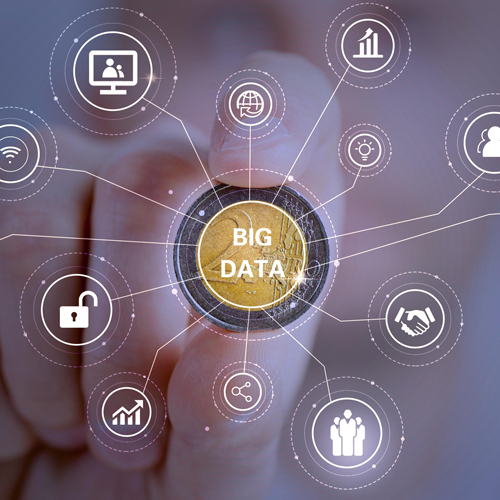The Multimodal Sensing And Computation
Research Group is affiliated to the School of Computer Science, Beihang University.
The research team combines computer technology with mathematics, physics, medicine,
Biology, sociology and communication technology are combined for interdisciplinary research.
The main research direction of the research group is multi-modal big data such as text, image, numerical value and network.
Use machine learning, image processing, network analysis and other technologies for analysis.
Specific applications include medical imaging, 3D modeling, virtual display, knowledge reasoning, and Beidou positioning.
and smart engineering, etc.
Our research group focuses on multimodal perception, which involves the process of acquiring and processing information through various sensory modalities, including visual, auditory, tactile, linguistic, and sensor data. Based on machine learning, especially deep learning technology, and specific application needs, our research particularly emphasizes the applications of multimodal data in medicine and 3D modeling.In the field of smart healthcare, our group is dedicated to studying high-precision intelligent diagnostic methods based on multimodal medical data, focusing on three aspects: diagnosability, interpretability, and visualizability. In the realm of virtual reality, we research 3D scene reconstruction and 3D content generation, concentrating on signals from multiple sensors such as cameras and LiDAR. Key areas of focus include 3D semantic segmentation, voxel and point cloud completion, and 3D generation tasks.Additionally, in the field of smart engineering, our group utilizes artificial intelligence technologies to develop and optimize various early warning and recognition systems, aiming to enhance the safety and efficiency of engineering projects.
Our research group focuses on multimodal computing technology, dedicated to extensive and in-depth exploration and application in various fields based on specific needs. In the area of knowledge reasoning, we concentrate on tasks related to artificial intelligence reasoning and human-like intelligence, with particular attention to various reasoning theories such as mathematical logic, knowledge representation, description logic, and causal reasoning, as well as the integration of these theories into deep learning applications. Our primary research direction is the application of commonsense, logical, and causal reasoning methods in vision-text modalities, aiming to enhance the intelligence and accuracy of multimodal data processing. In the domain of interpretable reasoning in deep learning, we investigate prototype-based case reasoning training methods to promote the credible and understandable application of AI models. Accumulating relevant multimodal computing technologies, we also apply them to the field of mobile computing. This includes research on mobile ad hoc networks, sensor networks, the Internet of Things (IoT), indoor positioning technologies, video compression and reliable transmission technologies based on wireless networks, communication and image processing technologies based on compressed sensing, fall detection technologies, and more, striving to improve the performance and application scope of mobile computing.
The research team analyzed intelligent modeling algorithms and proposed new algorithms.
The research team explored various tasks related to 3D reconstruction and 3D content generation, which provides a new perspective on the development of fields such as virtual reality.
The research group focuses on multi-sensor signals such as cameras and lidar, various modal data such as text, images, audio, and video, and various three-dimensional representation methods
such as three-dimensional Gaussian, three-plane, voxel, and point cloud. The key research direction is three-dimensional semantics. Segmentation, voxel and point cloud completion, 3D generation, etc.
The research team analyzes artificial intelligence knowledge reasoning algorithms and proposes new algorithms.
The research team explored various tasks related to artificial intelligence reasoning and human-like intelligence, which provides a new perspective on the development of artificial intelligence and other fields.
The research group focuses on various reasoning theories such as mathematical logic, knowledge representation, descriptive logic, and causal reasoning, as well as the integration and application of these theories in deep learning.
The focus of research is on common sense, logic, and causal reasoning methods applied in visual-text modalities.



